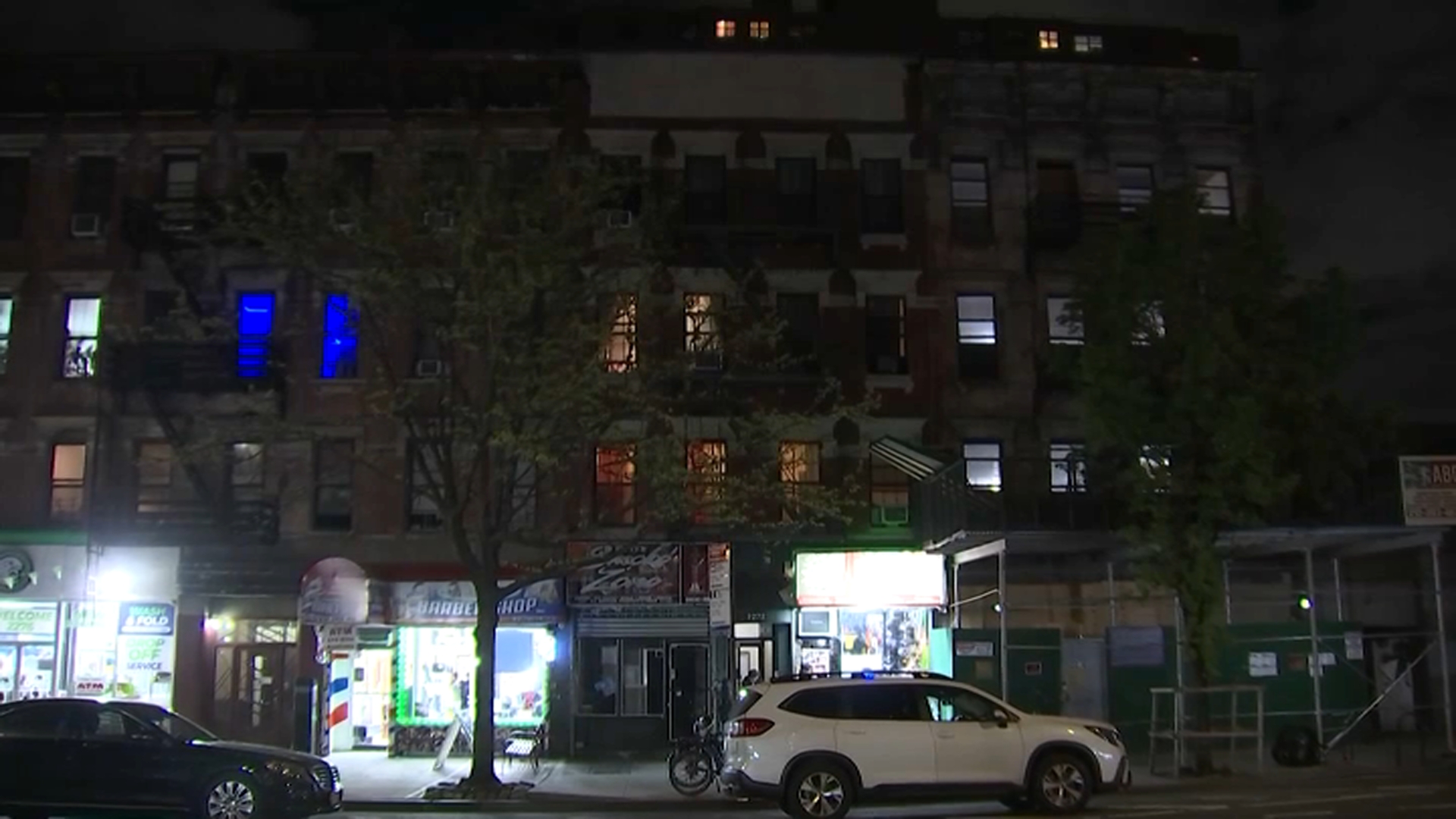Two months ago, amid a searing rift with City Hall, the president of the New York Police Department's sergeants union turned his back to Mayor Bill de Blasio and later called him "a total nincompoop."
On Thursday, that union head, Edward Mullins, fixed a wry smile to his face and allowed a jubilant de Blasio to wrap his arm around his shoulders in celebration of the union signing a new labor contract with the administration.
The contract was another marker along the road to a tentative truce between City Hall and the NYPD's officers after months of friction fueled by de Blasio's handling of anti-NYPD protests that swept the city after an officer was not indicted in the chokehold death of Eric Garner. That anger escalated dramatically weeks later when two police officers were gunned down in a brazen daytime ambush and the unions suggested that de Blasio shared in the blame.
Four of the five NYPD unions now have contracts. Mullins, who once demanded that de Blasio "humble himself" and apologize to the police, did not say he regretted his remarks but acknowledged that his relationship with the mayor had improved.
"I think at this point we have a relationship when I can pick the phone up and set up a meeting and have real a conversation," Mullins said. "If there's ever a time when we think we're going into mud-wrestling, and that happens, we'll let you know."
The agreement, which covers the NYPD's 4,062 full-time sergeants, authorizes 11 percent raises over the next seven years. It follows the pattern set by the teachers union, which was the first major union to agree to a deal with the de Blasio administration last year. But, like other uniformed unions, it contains an additional 1 percent raise in its first year.
When de Blasio took office, all 151 municipal unions were working on expired contracts. Now, 76 percent of the city workforce has new deals — but it is certain that few labor agreements have carried as much political significance as the sergeants deal.
Local
Mullins was one of the driving forces behind the Police Department's tension with City Hall, an all-encompassing crisis that threatened to derail de Blasio's young mayoralty and only quieted in recent weeks. He was one of several officers who turned their backs to de Blasio at the hospital where the two shot officers were pronounced dead on Dec. 20.
Patrick Lynch, head of the rank-and-file Patrolmen's Benevolent Association, also turned his back to de Blasio that day and said the mayor had police "blood on his hands." His union is now the lone NYPD union without a new contract.
The PBA is in binding labor arbitration. A spokesman for the group declined to comment on the Sergeants Benevolent Association's new deal.
City Hall officials long insisted that some of the rancor was a negotiating tactic and believed it would fade when a deal was close. The mayor and Mullins met in secret last month to air some of their grievances, a summit that officials said helped remove some of the obstacles to a deal.
De Blasio said Thursday that the contract was proof that differences could be set aside.
"You're witnessing people who have found a way to work together and who clearly care deeply for the good of the city," he told reporters at the City Hall news conference.
And as for the nincompoop comment?
The mayor laughed and said he's "been called a lot worse."



